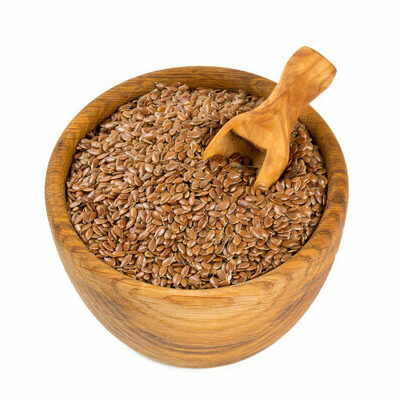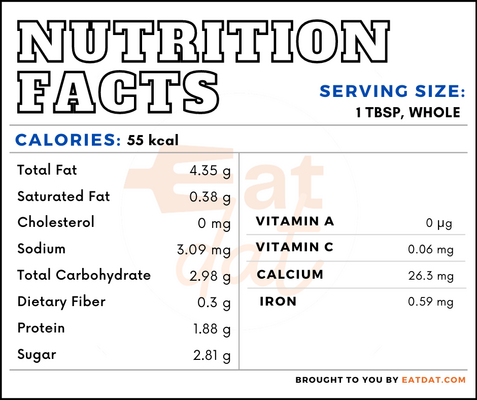
Flaxseed
also known as Linseed
What is Flaxseed?
Flaxseed is the seed of the flax plant. The seeds are small and brown in color and have a nutty flavor. They are considered a health food and often consumed as dietary supplements.
Some of the most popular flaxseed supplements are:
- Terrasoul Superfoods
- Garden of Life
- Herbal Secrets
- NatureWise
- Premium Gold
- Barlean’s Organic Oils
- Puritan’s Pride
- Nature Made
- Viva Naturals
- Spectrum Essentials
Origin of flaxseed
This is considered to be one of the first crops to be cultivated by humans. There is archaeological evidence from the Stone Age of humans producing flax for its fiber and seed. It was produced by some ancient civilizations to weave into cloth or paper. However, since the widespread use of cotton, its cultivation now focuses on seeds.
Also, these seeds were used as a medicine in India and China. This plant may have originated in the Mediterranean region or India and Ancient Indians, Egyptians, and Chinese used flax extensively for multiple purposes. This seed only spread to the Americas through European colonists.
Nutrition
Nutritional profile for flaxseed (1 tbsp, whole):

Flaxseed is rich in calcium, magnesium, phosphorus, potassium, and lutein + zeaxanthin. Also, it contains sodium, selenium, folate, choline, tocopherol, stigmasterol, and essential fatty acids in decent amounts.
Regular consumption of this seed may help in regulating blood pressure, reducing the risk of myocardial infarctions and strokes, assisting in keeping diabetes in check, and protecting against certain types of cancers, especially breast cancer. The omega-3 fatty acids in the seeds also aid brain development and spatial memory as well as protect against menopause symptoms in women. Additionally, flaxseeds are beneficial for the health of the skin, increasing its hydration and smoothness. Furthermore, these seeds protect against gastrointestinal diseases by giving protection to the gut and inducing healthy bacteria.
Commercial production
Canada is the main producer of this seed in the world, followed by Kazakhstan, China, Russia, the USA, India, France, Ukraine, Argentina, and Italy. Flaxseed requires cool climates and long days. It thrives well in fertile, silty, and well-drained loam soil. Also, the crop requires a lot of moisture. The seeds are harvested when the leaves turn dry and the balls turn brownish.
Linseed Recipes
This has been used for centuries as a medicine and food. A small amount of these seeds can enhance dishes like stews and soups, breads, stir-fries, salads, and curries. In addition, flaxseed meal is used as a healthier alternative to other flours. Also, oil extracted from these is extensively used in cooking. Here are a few recipes:
- Flaxseed Podi
- Flax Cookies
- Muffins
- Raita
- Flax Egg
- Roti
- Shimbra Wat
- Chrysocolla
- Dukkah
- Flaxseed Wraps
- Tofu Fried Rice
- Cinnamon French Toast
- Parmesan Crackers
FDA regulations
Flaxseed is classified as a grain by the USDA and defined as grain that consists of at least 50 percent of common flaxseed and at most 20 percent of other grains before the removal of dockage, and 50 percent or more of whole flaxseed after the removal of dockage. However, the FDA does not currently have a standard of identity for this food.
References
Goyal, Ankit et al. “Flax and flaxseed oil: an ancient medicine & modern functional food.” Journal of food science and technology vol. 51,9 (2014): 1633-53. doi:10.1007/s13197-013-1247-9, https://www.ncbi.nlm.nih.gov/pmc/articles/PMC4152533/
Dr. Kathleen Delate, Flax, Alternative Agriculture Extension and Outreach, Iowa State University, https://www.extension.iastate.edu/alternativeag/cropproduction/flax.html
Parikh, Mihir et al. “Dietary Flaxseed as a Strategy for Improving Human Health.” Nutrients vol. 11,5 1171. 25 May. 2019, doi:10.3390/nu11051171, https://www.ncbi.nlm.nih.gov/pmc/articles/PMC6567199/
